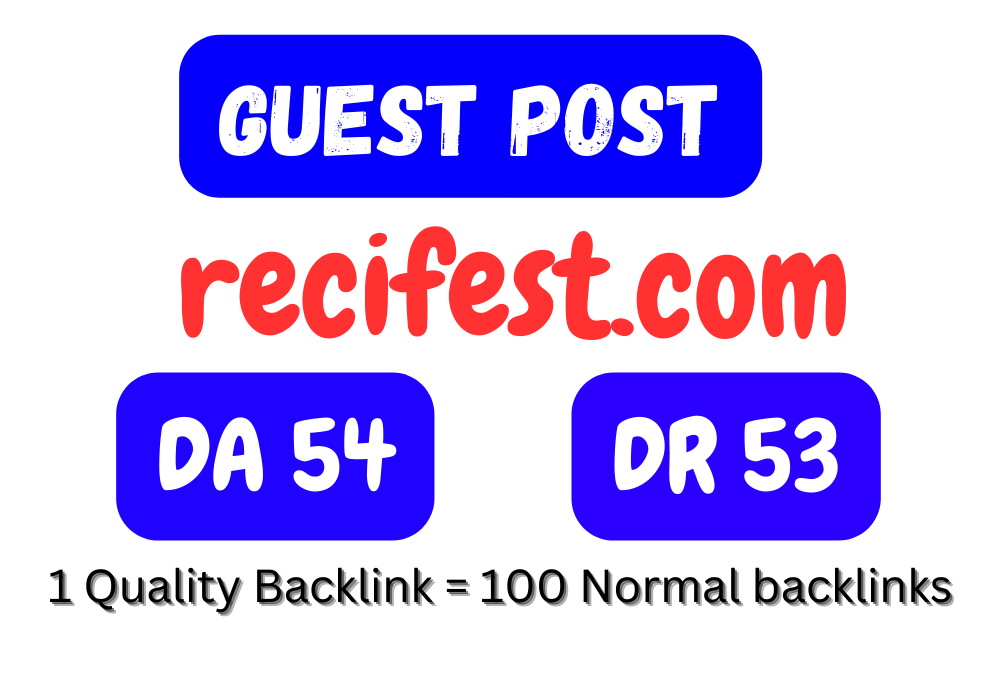Spelling bees have long been a staple in schools, providing an exciting and educational way for students to develop their language skills. For students in Year 7, mastering spelling is not just about competition; it’s a crucial part of their overall academic growth. This article will delve into the Year 7 spelling bee words, offering insights into effective study methods, the significance of vocabulary acquisition, and tips for success in spelling bees.
Importance of Year 7 Spelling Bee Words
The Year 7 spelling bee words list is designed to challenge students and enhance their linguistic capabilities. By engaging with these words, students not only improve their spelling but also their reading, writing, and comprehension skills. Here are some reasons why focusing on these words is essential:
- Language Development: Learning new words broadens students’ vocabulary, enabling them to express themselves more clearly and effectively.
- Cognitive Skills: Spelling bees promote critical thinking and problem-solving skills as students learn to analyze word structures and origins.
- Preparation for High School: Mastering spelling in Year 7 sets a strong foundation for more advanced language skills required in high school and beyond.
- Confidence Building: Participating in spelling bees boosts students’ confidence, allowing them to showcase their skills in a supportive environment.
Key Components of Year 7 Spelling Bee Words
Word Categories
The Year 7 spelling bee words can be categorized into various groups, including:
- Commonly Misspelled Words: These words often trip up even the most seasoned spellers. Examples include “accommodate,” “definitely,” and “occasion.”
- Academic Vocabulary: These words are frequently encountered in school settings, such as “analyze,” “equation,” and “variable.”
- Geographical and Historical Terms: Words related to geography or history can also be included, such as “continent,” “revolution,” and “democracy.”
Example Word List
Below is a sample list of Year 7 spelling bee words that students should familiarize themselves with:
- Acknowledge
- Category
- Discipline
- Exaggerate
- Fascinate
- Government
- Hypothesis
- Independent
- Judgment
- Knowledge
- Maintenance
- Necessary
- Occasion
- Parliament
- Quantity
- Realistic
- Significant
- Temperature
- Unbelievable
- Volunteer
These words cover various subjects and contexts, ensuring that students are well-rounded in their spelling skills.
Study Techniques for Mastering Year 7 Spelling Bee Words
To excel in spelling bees, students must adopt effective study techniques. Here are some strategies that can help:
1. Create Flashcards
Flashcards are an excellent tool for memorizing spelling words. Write the word on one side and its definition or a sentence using the word on the other side. This approach enhances memory retention and understanding.
2. Practice with Word Games
Engaging in word games like Scrabble, Boggle, or crossword puzzles can make learning fun. These games challenge students to think about word structures and spellings creatively.
3. Use Technology
Several apps and websites focus on spelling practice. Tools like Quizlet and SpellingCity allow students to practice spelling in interactive ways, including quizzes and games.
4. Regular Review Sessions
Consistency is key in mastering spelling. Schedule regular review sessions where students can revisit previously learned words, ensuring they retain the information over time.
5. Incorporate Writing Exercises
Encourage students to use spelling words in sentences or short paragraphs. This practice not only reinforces spelling but also enhances writing skills and comprehension.
6. Participate in Mock Spelling Bees

Simulating the actual spelling bee experience can help students prepare mentally and physically. This practice can build confidence and familiarity with the competition format.
The Role of Parents and Teachers
Parents and teachers play a vital role in supporting students as they prepare for spelling bees. Here’s how they can help:
1. Encouragement and Motivation
A positive attitude toward spelling bees can significantly impact a student’s performance. Encourage students to view spelling as a fun and rewarding challenge rather than a chore.
2. Creating a Supportive Environment
Provide a quiet space for study and practice, free from distractions. This environment will help students focus and engage more deeply with the material.
3. Monitoring Progress
Keep track of the student’s progress in learning new words. Celebrate achievements, no matter how small, to boost their confidence and motivation.
Preparing for the Spelling Bee: Day of the Competition
As the competition day approaches, it’s essential to prepare effectively. Here are some tips for the day of the spelling bee:
1. Stay Calm and Focused
Nerves can affect performance. Teach students breathing techniques or visualization strategies to help them stay calm.
2. Get Adequate Rest
Ensure students get a good night’s sleep before the competition. Rest is crucial for cognitive function and concentration.
3. Healthy Nutrition
Encourage students to eat a healthy breakfast on the day of the spelling bee. Foods rich in protein and complex carbohydrates can provide sustained energy.
4. Dress Comfortably
Wearing comfortable clothing can help students focus on the task at hand rather than feeling restricted by their attire.
Read Also: year-7-spelling-bee-words-a-comprehensive-guide
Conclusion
Year 7 spelling bee words are more than just a list of terms; they represent an opportunity for students to enhance their language skills and build confidence. By understanding the importance of these words, utilizing effective study techniques, and receiving support from parents and teachers, students can excel in their spelling bee endeavors.
Mastering Year 7 spelling bee words not only prepares students for competitions but also lays the groundwork for future academic success. Emphasizing vocabulary acquisition and spelling will undoubtedly empower students to communicate more effectively and express their ideas clearly.
As students embark on this linguistic journey, they will discover the joy of words and the power they hold, setting the stage for lifelong learning and appreciation for the English language.



